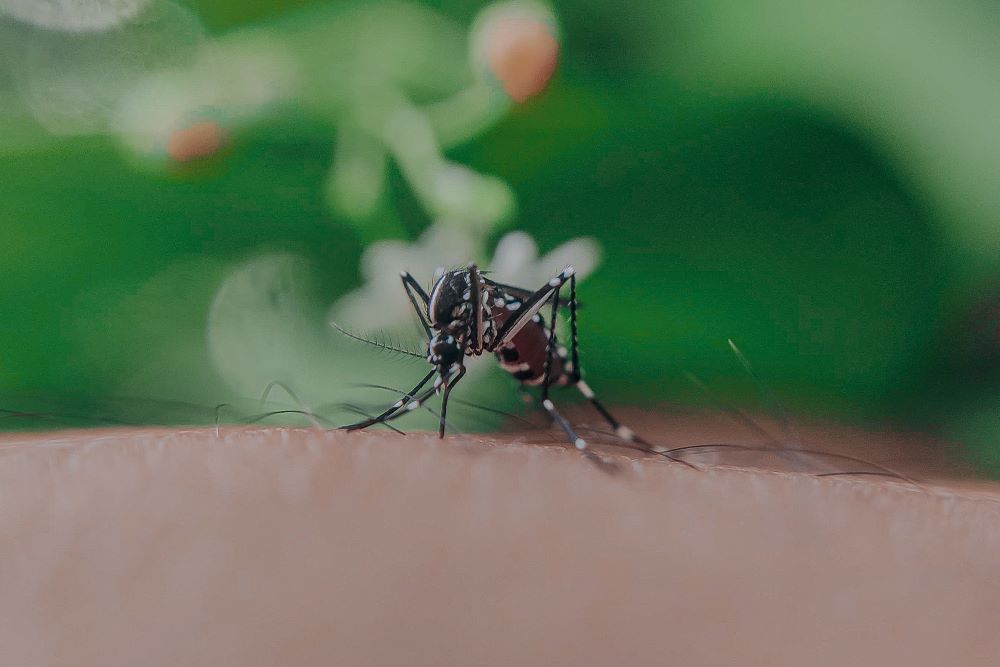This life-threatening virus can cause internal bleeding, organ damage and other complications.
Dengue fever is a mosquito-borne disease brought by the dengue virus. Symptoms usually appear three to fourteen days after infection. Some of the symptoms that one is likely to experience are fever, vomiting, headache, skin rash, itchy skin, and joint and muscle pain.
A doctor, 42, is reported to have died of dengue fever amid rising cases of the disease. On a Sunday morning, the doctor succumbed to the disease at a private hospital. Before that, she was admitted to the hospital on Saturday following a fever that lasted several days. Reports from the Patiala health department said that the woman officially died of dengue fever.
Dengue fever cases are rising, according to reports from the health department officials, and health experts are warning there needs to be more participation in preventing its spread. There are currently no measures for proactively checking for whether individuals have the virus.
Spread mainly through mosquito bites, there are four types of the dengue virus. An individual can also become infected by another person who already has the virus.

When a mosquito bites an individual who is already infected, the insect becomes infected and if it bites another person, that person will acquire the disease. After recovering from dengue fever, one’s immune system becomes stronger but not strong enough to fend off the other three types of the virus. The risk of developing serious dengue fever increases when an individual gets it the second, third, and fourth time. This can be life-threatening.
Dengue fever can cause organ damage and internal bleeding. An individual’s blood pressure can drop to dangerous levels, which can lead to death. Pregnant women with the disease can easily spread the disease to the unborn child, and in most cases, this will lead to premature birth, low weight loss, and fetal distress.
The dengue fever vaccine is approved for ages 9 to 45 who have already had the disease once. This is given in three doses over the course of twelve months. For individuals who have had dengue fever in the past, receiving a vaccine is not recommended as this could increase the risk of more serious cases and hospitalization.
With the increase of dengue fever in some areas, the vaccine may not be an effective tool to reducing its spread. Thus, preventing mosquito bites becomes necessary. Here are some effective ways for protecting oneself against mosquito bites and reducing one’s chance of developing the virus:
- Use mosquito repellent whenever outside, especially in warmer, humid climates where mosquitoes tend to be more prevalent.
- Stay in a well-screened house if in an area where mosquitoes are rampant.
- Wear protective clothing that covers the skin and reduces the risk of being bitten.
Dengue fever can be dangerous. Symptoms include fever, itching, rashes, vomiting, and joint and muscle pain. It can lead to other complications or death. Prevention primarily relies on mosquito control and receiving a vaccine if one hasn’t acquired the virus in the past. Public awareness and participation in mosquito bite prevention is crucial.
Sources:
Patiala doctor dies of suspected dengue; health dept to perform confirmatory test
Locally-acquired case of ‘extremely rare’ Dengue fever found in California

Join the conversation!